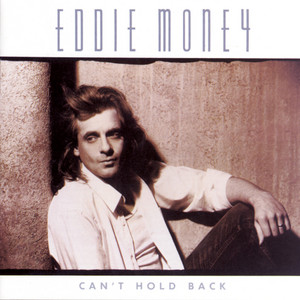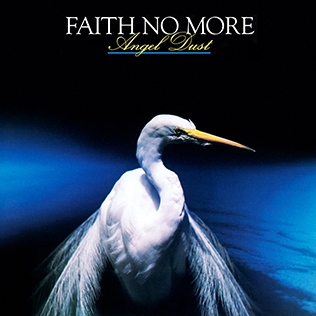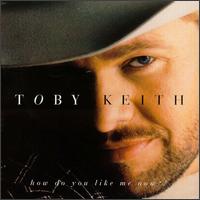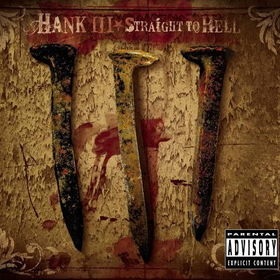Song #40: Eddie Money - "Take Me Home Tonight" (1986)
Can't Hold Back
"I get frightened in all this darkness. I get nightmares, I hate to sleep alone."
Eddie
Money's "Take Me Home Tonight" is a passionately sung ballad, smarter
than the average love song and deeper than the average "I need you"
tune. While the song could easily masquerade as an interchangeable hit
from the eighties, the tune actually bears a more haunting sound and
instrumentation than many songs of its kind, as well as featuring lyrics
darker and more lonely than anything I've heard from the 1980's pop
era.
Money's
song is simple - he wants somebody to be with when the sun goes down,
so he will be deprived of the loneliness in his life. However, consider
some of its lyrics. "I get frightened in all this darkness. I get
nightmares, I hate to sleep alone. I need some company, a guardian
angel. To keep me warm when the cold winds blow." If we want to get
really analytical about the film and its lyrics, we could almost say the
man suffers from some sort of depression, to the point where sleeping
alone causes him great mental strain and that the only way to remedy
that is if someone he really cares about sleeps next to him. It wasn't
until about my third or forth listen of the song did I realize how
haunting that collection of lyrics were and how they profoundly stood
out in a song that is pretty straight forward in terms of meaning and
focus.
Money's
trademark voice makes the song what it is. Money has just the right
voice for something like this, where he can mumble and be mysterious or
sing openly and warmly in the song's chorus. "Take Me Home Tonight" is a
thoroughly infectious song, and while it is recognized pretty well and
receives considerable airplay, I still am not sure most people look at
the song through the darker lens it really deserves to be seen through.
Give "Take Me Home Tonight" a listen, https://www.youtube.com/watch?v=eHKqA5mkT7I

























